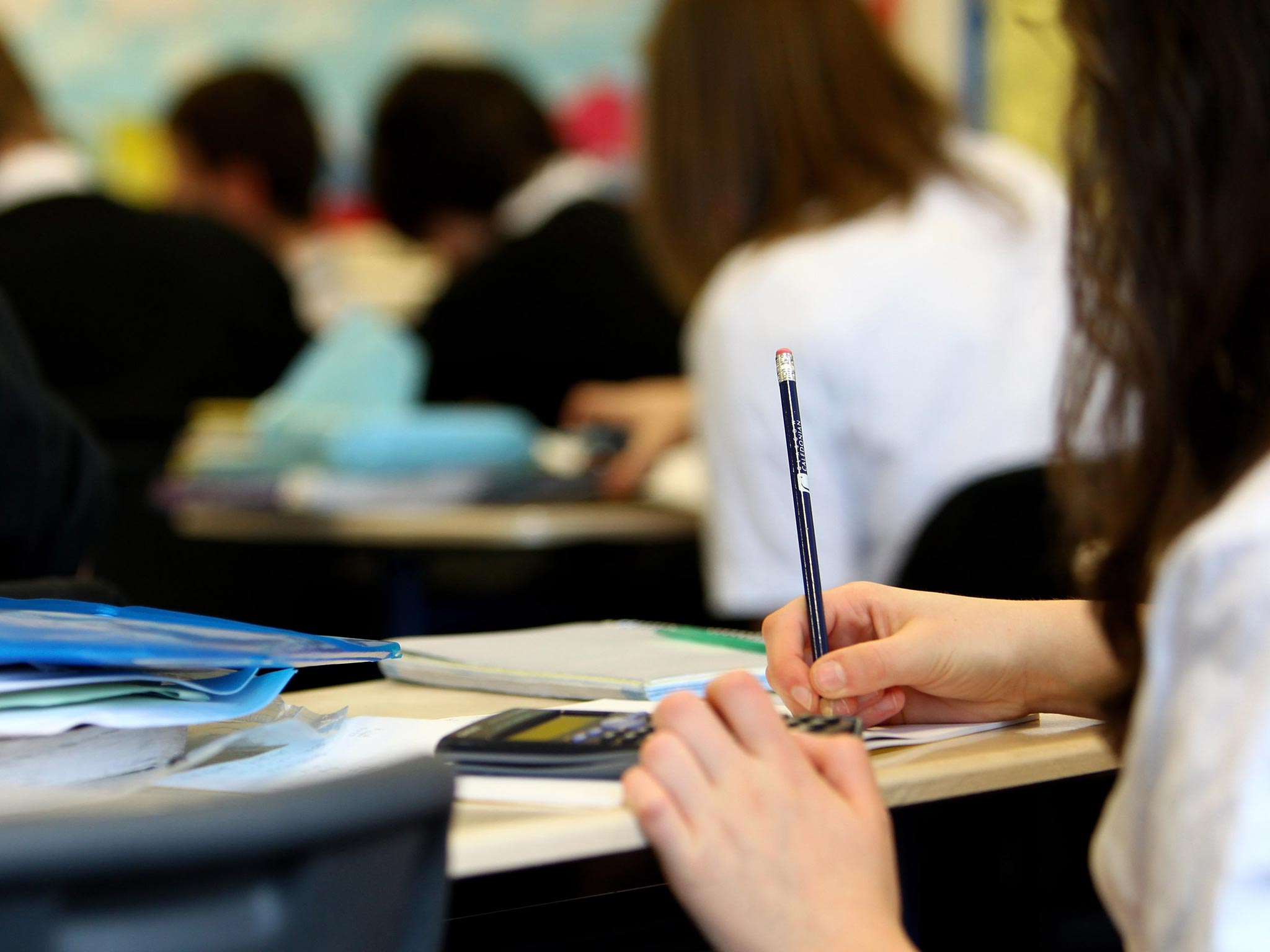A survey of more than 450 teachers shows that 10-year-olds use sexual language at school

Children as young as ten are using far more sexually explicit language in the classroom, says a report published Monday.
A survey of more than 450 teachers by the Association of Teachers and Lecturers reveals growing concern about pupils' access to pornography.
Nearly 40 per cent say young people they teach have viewed pornography - with half noting an increase in sexually explicit conversations amongst pupils.
In addition, 38 per cent were aware of their pupils sexting - sending explicit messages or photographs to their peers via their mobiles and other gadgets.
One primary school teacher told researchers: “I work in an inner city school and am shocked at the way children use sexual language - and they are under 10. I think more needs to be done... to tackle this.”
A secondary school teacher at an academy in Kent added: “Pornography can be harmful to the social well-being of a child, particularly at an early age as it gives a warped sense of what ‘normal’ relationships are.”
Three out of four teachers (76 per cent) believe pupils should be taught about the dangers of pornography - although 60 per cent of those who cover the topic in lessons say they have not received adequate training for it.
Dr Mary Bousted, general secretary of ATL, said: “Although pornography is a sensitive issue, the majority of our members feel it’s important young people are taught about the dangers of pornography so they can protect themselves in today’s increasingly sexualised society.”
Meanwhile, a survey by the charity Stonewall shows that lesbian, gay and bisexual teenagers are much more likely to send or receive sexually explicit material than young people in general. It revealed that 59 per cent of all gay young people had created a sexual photo or video of themselves - compared to just 40 per cent of straight people.
Ruth Hunt, its acting chief executive, said: “The internet can be a real lifeline for lesbian, gay and bisexual young people who feel isolated and alone. However, sadly, it leaves them vulnerable to abuse and exploitation.”
The surveys were carried out to coincide with Safer Internet Day on Tuesday which aims to promote safer use of the internet.
Subscribe to Independent Premium to bookmark this article
Want to bookmark your favourite articles and stories to read or reference later? Start your Independent Premium subscription today.

Join our commenting forum
Join thought-provoking conversations, follow other Independent readers and see their replies